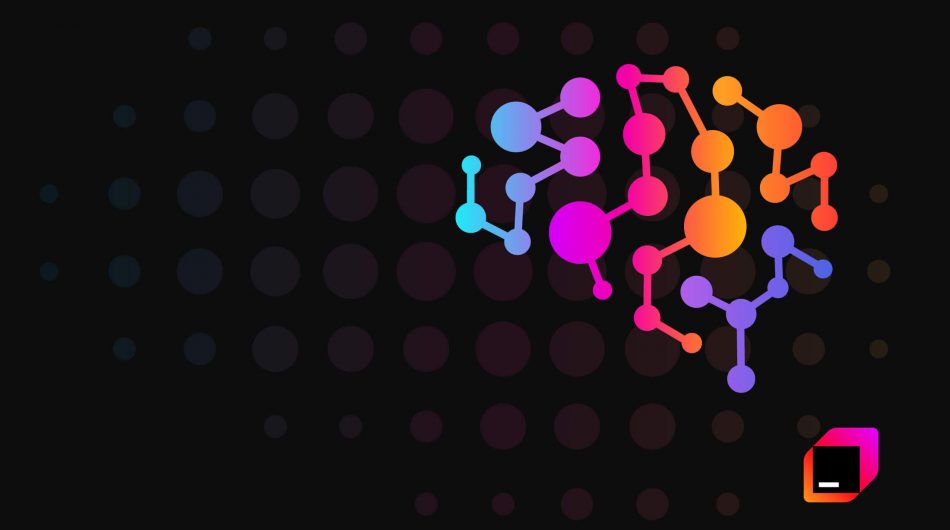get in touch
Each pillar has multiple components with the goal to improve security and compliance with certain standards applicable to the platform.
Customer Isolation: Allow customers to deploy their application and data assets in an environment that is based on isolation from other tenants.
Data Encryption: Provide controls that can protect customer data at-rest and in-transit in a way that allows customers to meet their security and compliance requirements with respect to cryptographic algorithms and key management.
Security Controls: Offer customers effective and easy-to-use security management controls that allow them to manage access to their services and segregate operational responsibilities to help reduce risk associated with malicious and accidental user actions.
Visibility: Offer customers comprehensive log data that they can use to audit and monitor actions on their resources, to allow them to meet their audit requirements and help them reduce security and operational risk.
Hybrid Cloud: Enable customers to use their existing security assets, such as user accounts and policies, as well as third-party security solutions when accessing their cloud resources and securing their data and application assets in the cloud.
High Availability: Offer fault-tolerant data centers that enable high availability scale-out architectures and are resilient against network attacks, to provide consistent uptime in the face of disaster and security attack.
Verifiably Secure Infrastructure: Follow rigorous processes and security controls in all phases of cloud service development and operation. Demonstrate adherence to Oracle’s security standards through third-party audits, certifications, and attestations. Help customers demonstrate compliance readiness to internal security and compliance teams, their customers, auditors, and regulators.
As security plays a crucial part in today’s cloud technology business, Oracle has developed a set of security services to ensure and possible data breach or worse scenarios.
Oracle Cloud Infrastructure Security Services
Take advantage of integrated cloud security services to help control your data protection and ensure security governance more efficiently.
Oracle Cloud Infrastructure Identity and Access Management
Oracle Identity and Access Management (IAM) service lets you control who has access to your cloud resources, what type of access they have, and to which specific resources. Manage complex organizations and rules with logical groups of users and resources, and simple to define policies.
Leverage a single model for authentication and authorization to securely control access and easily manage your IT resources across all Oracle Cloud Infrastructure services.
Oracle Cloud Infrastructure Audit
Oracle Audit provides comprehensive visibility into your Oracle Cloud Infrastructure services. Access all public API activities in your tenancy over the past 365 days at no additional cost.
Automatically log events that can be retrieved, stored, and analyzed for security, compliance, and resource optimization across your Oracle Cloud Infrastructure entitlements and compartments.
Oracle Cloud Infrastructure Key Management
Oracle Cloud Infrastructure Key Management is a managed service that enables you to encrypt your data using keys that you control.
Oracle Key Management provides you with highly available, durable, and secure key storage using FIPS 140-2 Level 3 certified hardware security modules (HSMs). It offers centralized key management capabilities and integration with select Oracle Cloud Infrastructure services.
Oracle CASB for Oracle Cloud Infrastructure
Oracle CASB Cloud Service is the only Cloud Access Security Broker that offers full visibility over your Oracle Cloud Infrastructure resources and uses machine learning to help predict threats.
Protect your cloud footprint with automated and continuous security monitoring. Oracle CASB simplifies management of your security configuration settings, detects anomalous behavior with user behavior analytics, and secures against threats that span multiple cloud services.
Oracle Cloud Infrastructure Web Application Firewall
The Oracle Cloud Infrastructure Web Application Firewall (WAF) is an enterprise-grade, cloud-based edge security solution that’s designed to protect internet-facing applications from cyberattacks. The WAF provides several security services—including bot management and DDoS protection—and uses a layered approach to safeguard websites and web applications against malicious incoming traffic.
The Oracle Cloud Infrastructure Web Application Firewall (WAF) provides web application security for Oracle cloud workloads. But it doesn’t stop there. The WAF can simultaneously protect web applications located within Oracle Cloud Infrastructure, in your data center, and across hybrid and multicloud environments.
The WAF is tightly integrated into the Oracle cloud console along with the many other applications and services, providing ease of use and tight control for Oracle Cloud Infrastructure deployments.
Oracle and Neos working together on security
For all of Oracle’s Cloud infrastructure and services, the protection of customer data is a primary design consideration. Oracle Cloud was developed to offer secure infrastructure and platform services that are used by Oracle customers to run their mission-critical enterprise workloads and store their data.
Neos as Oracle’s awarded partner, owns several certificates in this area. We are committed to continuous investment in security capabilities to create the most secure public or private cloud infrastructure for your needs. These capabilities enables you to have effective and manageable security, to run their workloads with more confidence, and to build trusted hybrid cloud solutions.




